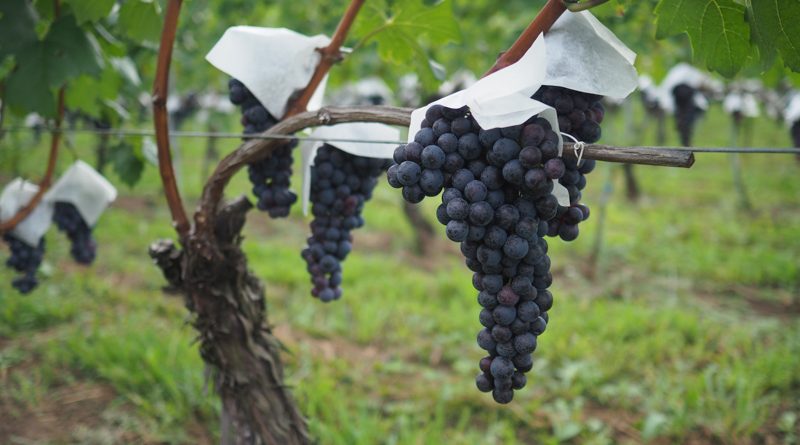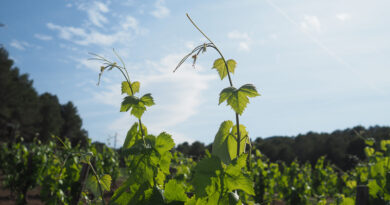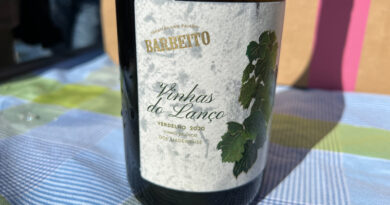Wine and travel as competitive sports
Facebook has this thing where it shares with you the content of groups you have never joined. One that I am being fed consistently is Tokyo Travel Tips, and it’s mainly Americans who have decided to travel to Japan.
And this is tiring to read. Firstly, most of the contributors seem to view tourism as a sort of competitive sport. They see a vacation as a challenge: tick off as many of the famous sites and sights as possible. They debate endlessly about which items on the itinerary are compulsory. It’s travel with a checklist.
Secondly, the lack of flexibility to adjust to a different culture is remarkable. People travel with a big set of expectations of how they want things to be and the standards they insist on.
Thirdly, there seems to be a lot of fear and a lack of flexibility with travel arrangements. Why not just arrive and fit in?
I think some people are like this with wine. They want to know what the best wines are, and they need reassurance from ratings or endorsements that the wines are good. I was chatting to a leading Portuguese producer recently who was entertaining some American visitors. Now, in Portugal, you can find some quite nice wines on the shelf for €6. Wines I’d be happy to drink. But he told me that the Americans wouldn’t drink any of these wines because if they were so cheap, they couldn’t be any good.
Aside from how good the wines are, there is a joy of discovery that comes from travel where you simply try what’s in front of you. Not every wine drinking occasion necessitates a ‘special’ wine. Sometimes an honest, cheap, local wine is the best wine.
We run into trouble when we try to maximise and control every experience. There’s something to be said for travelling light – not just in the luggage we bring, but also in our expectations and requirements.




